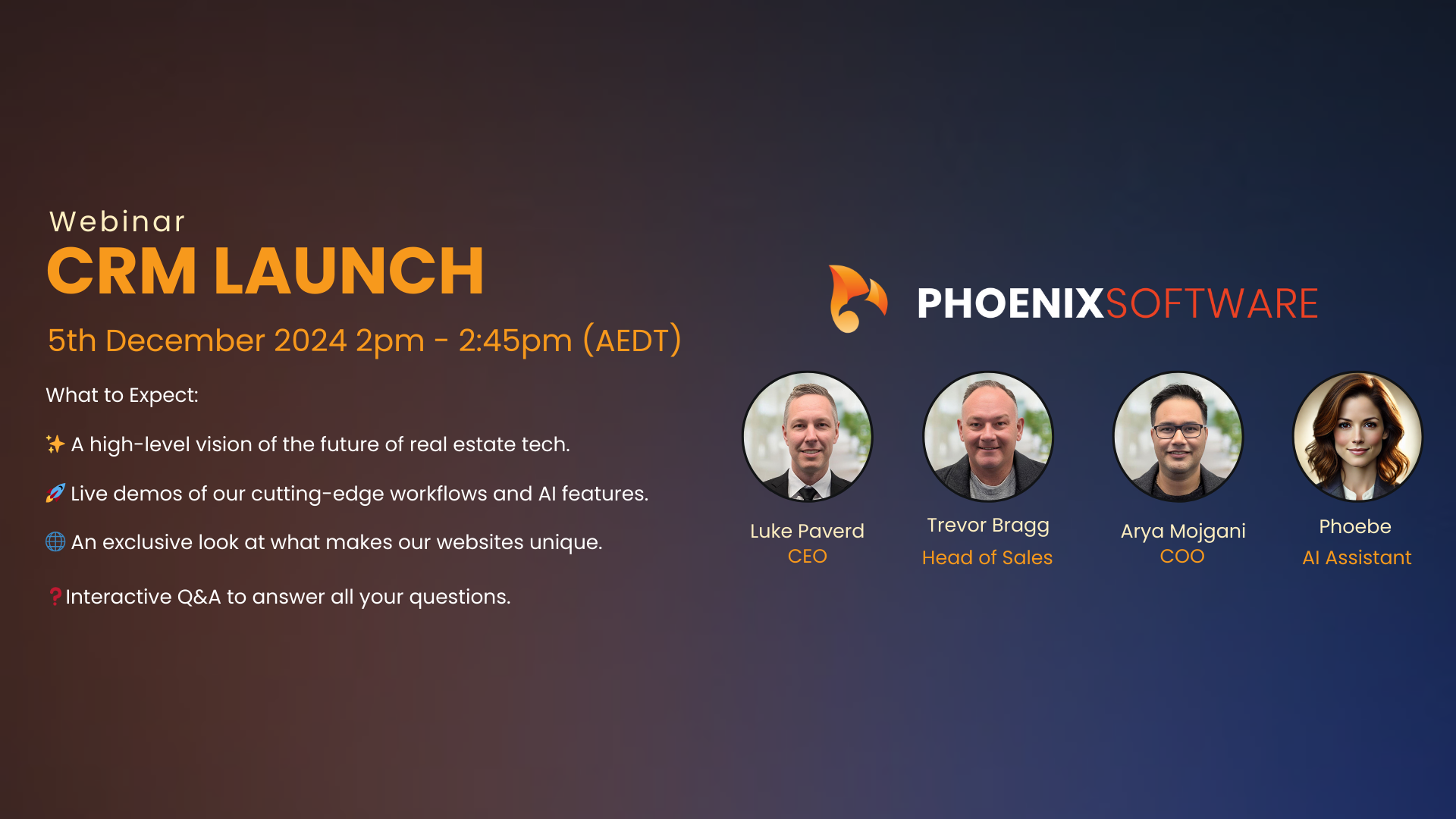27 Nov

Technology plays a pivotal role in driving efficiency and enhancing customer experiences in the real estate sector. Real estate agents, increasingly rely on automation tools to streamline operations and manage client relationships. However, in a business as personal as real estate, the human touch remains irreplaceable. Striking the right balance between automation and personal contact is essential for agents aiming to build trust, improve efficiency, and close deals effectively.
Register for our advanced Workflows / Automation Webinar
The Rise of Automation in Real Estate
Automation has fundamentally transformed the real estate industry. Tools such as customer relationship management (CRM) systems, chatbots, email marketing platforms, and AI-driven analytics enable agents to manage vast amounts of data, respond to inquiries faster, and maintain consistent communication with clients.
For instance, automated follow-ups emails and SMS, help agents stay in touch with customers, while tools like automated valuation models (AVMs) or virtual tour software provide valuable insights and experiences for clients. However, relying too heavily on automation can lead to a cold, impersonal approach that may alienate potential buyers or sellers.
Why Personal Contact Will Always Matter
Real estate transactions are among the most significant financial and emotional decisions people make. Buyers and sellers want to work with agents who understand their needs, offer empathy, and provide tailored advice. While automation can enhance efficiency, it cannot replicate the warmth and intuition of human interaction.
For example, a first-time homebuyer might feel overwhelmed by the process. A chatbot or automated email can answer basic questions, but only a knowledgeable agent can offer reassurance, address concerns, and build a lasting relationship. Personal contact helps agents establish trust, which is crucial in turning prospects into lifelong clients.
Finding the Right Balance
To strike the perfect balance, agents should leverage automation as a tool to enhance, not replace, personal interactions. Here are some strategies to achieve this:
1. Automate Repetitive Tasks
Identify time-consuming yet essential tasks that can be automated, such as:
- Manually data entering inquiries from real estate portals.
- Sending email and SMS reminders for property inspections and open houses.
- Sending follow-up emails after inquiries and inspections.
- Manually updating client Google & REA reviews on your website.

By automating these processes, agents can focus more on building relationships and providing personalised service.
2. Segment Communication
Automation allows for segmentation, enabling agents to deliver tailored messages to different client groups. For example, email marketing campaigns can target:
- First-time homebuyers with tips and guides.
- Investors with market updates and property opportunities.
- Sellers with advice on staging and market movements.
While these communications are automated, they should be designed to feel personal and relevant.
3. Leverage Data for Personalisation
AI-driven tools can provide insights into client preferences, property search patterns, and market trends. Use this data to craft customised experiences, such as suggesting properties based on a client’s search history or tailoring your pitch during in-person meetings.
Register to attend our Webinar to see our first-in-market AI Chat Assistant
4. Prioritise High-Value Interactions
While automation can handle routine queries, agents should step in for high-value interactions. These include:
- Face-to-face meetings or video calls for detailed vendor meetings.
- Personalised phone calls for updates or critical negotiations.
- Handwritten notes or personalised gifts to celebrate milestones like a property sale.
5. Maintain a Strong Social Media Presence
Social media platforms are excellent for combining automation with personal interaction. Tools like Buffer or Hootsuite can schedule posts, while agents can personally respond to comments, questions, or messages. Authentic engagement on platforms like Instagram, Facebook, or LinkedIn helps agents build rapport and showcase their personality.
6. Monitor and Adjust
Regularly assess the effectiveness of your automation tools and personal touchpoints. Gather feedback from clients to understand their preferences and adjust your approach accordingly. For instance, some clients may prefer email updates, while others value phone calls. These contact preferences can be stored in the CRM against the client record.
Conclusion
For real estate agents, finding the right balance between automation and personal contact is key to thriving in a competitive market. Automation enhances efficiency and ensures consistent communication, but the human touch remains vital for building trust and nurturing relationships. By leveraging technology strategically and prioritising meaningful interactions, agents can deliver exceptional service, foster client loyalty, and drive long-term success. Contact us today to see how Phoenix Software can assist you with your workflows and use AI to better engage with clients and prospects.




